
20 Questions with Dr. Cosima Gretton, Health Technologist
Dr. Cosima Gretton is a medical doctor and product manager at Karius, Inc., a biotech ... Read more
Written by: Gloria Onwuneme
Published on: May 3, 2017
Learn what it is like to practice medicine as an MD or DO. In-depth interviews with physicians and surgeons across various specialties detail what they like best and least about their jobs and their recommendations for future healthcare professionals.

Dr. Cosima Gretton is a medical doctor and product manager at Karius, Inc., a biotech ... Read more
Written by: Gloria Onwuneme
Published on: May 3, 2017

As a child, José Cavazos, MD-PhD, was a self-proclaimed “book rat”. So, it makes sense ... Read more
Written by: Suzanne Barston
Published on: January 23, 2017

Dr. Khurram Mehtabdin and Dr. Omar Mirza are doctors by day, comic book creators by ... Read more
Written by: Christy Duan
Published on: January 9, 2017
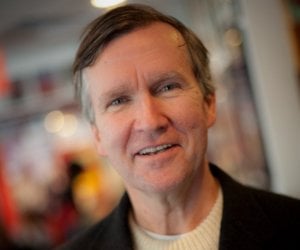
Tell me about yourself – who you are, what you do, where you practice. I ... Read more
Written by: Brent Schnipke
Published on: August 8, 2016
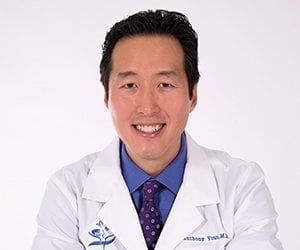
Dr. Anthony Youn is a board certified plastic surgeon, author, and television personality. He graduated from Michigan ... Read more
Written by: Christy Duan
Published on: July 6, 2016

Sara E. Gottfried, MD, is a board certified obstetrician and gynecologist; founder and CEO of ... Read more
Written by: Juliet Farmer
Published on: June 1, 2016
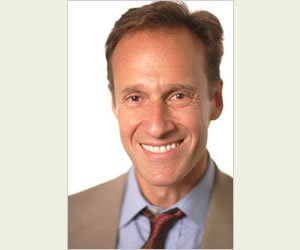
Dr. Richard Friedman is a professor of clinical psychiatry and a psychopharmacology clinic director at Weill Cornell ... Read more
Written by: Christy Duan
Published on: May 18, 2016

Dr. Matt McCarthy is an assistant professor of medicine at Weill Cornell Medical College and ... Read more
Written by: Christy Duan
Published on: May 4, 2016
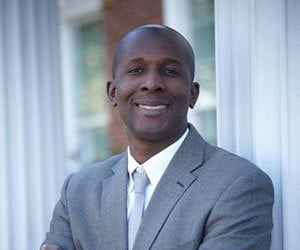
Dr. Damon Tweedy is an assistant professor of psychiatry at Duke University Medical Center and a staff physician ... Read more
Written by: Christy Duan
Published on: April 21, 2016
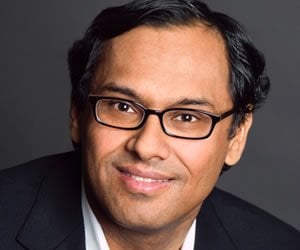
What made you decide to write your new book, Doctored? What were you hoping to accomplish? ... Read more
Written by: Brent Schnipke
Published on: April 12, 2016
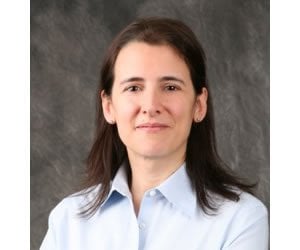
Laura C. Londra, MD, FACOG, is a reproductive endocrinology and infertility physician at Ohio Reproductive ... Read more
Written by: Juliet Farmer
Published on: April 4, 2016
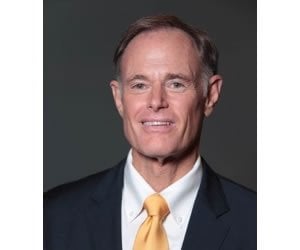
Neurologist David Perlmutter, Fellow of the American College of Nutrition and member of the American ... Read more
Written by: Juliet Farmer
Published on: February 25, 2016
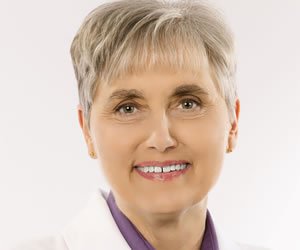
Terry Wahls, MD, is a clinical professor of medicine at the University of Iowa, where ... Read more
Written by: Juliet Farmer
Published on: January 25, 2016
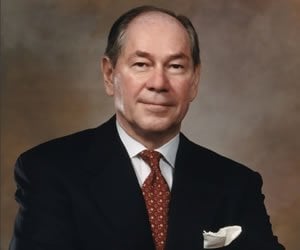
Norman J. Pastorek MD, FACS specializes in facial plastic surgery. He trained at The University ... Read more
Written by: Student Doctor Network
Published on: December 18, 2015
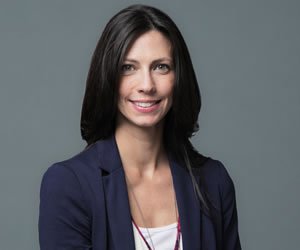
Dr. Natalie E. Azar is assistant clinical professor of medicine and rheumatology at the Center ... Read more
Written by: Juliet Farmer
Published on: November 30, 2015

At this year’s UC Davis Pre-Health Conference, the concept of innovation was on everybody’s minds and ... Read more
Written by: Suzanne Barston
Published on: November 20, 2015
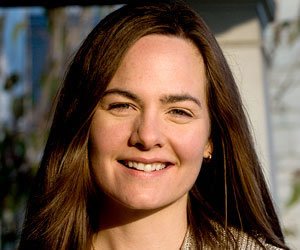
Dr. Christine Montross is Assistant Professor of Psychiatry and Human Behavior and the Director of ... Read more
Written by: Christy Duan
Published on: November 9, 2015
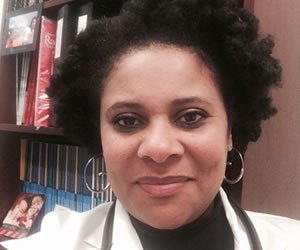
Karen M. Winkfield, MD, PhD, is a radiation oncologist with Massachusetts General Hospital, and she ... Read more
Written by: Juliet Farmer
Published on: September 11, 2015

Mellissa Withers, MHS, PhD, is an assistant clinical professor at University of Southern California (USC) ... Read more
Written by: Juliet Farmer
Published on: July 27, 2015